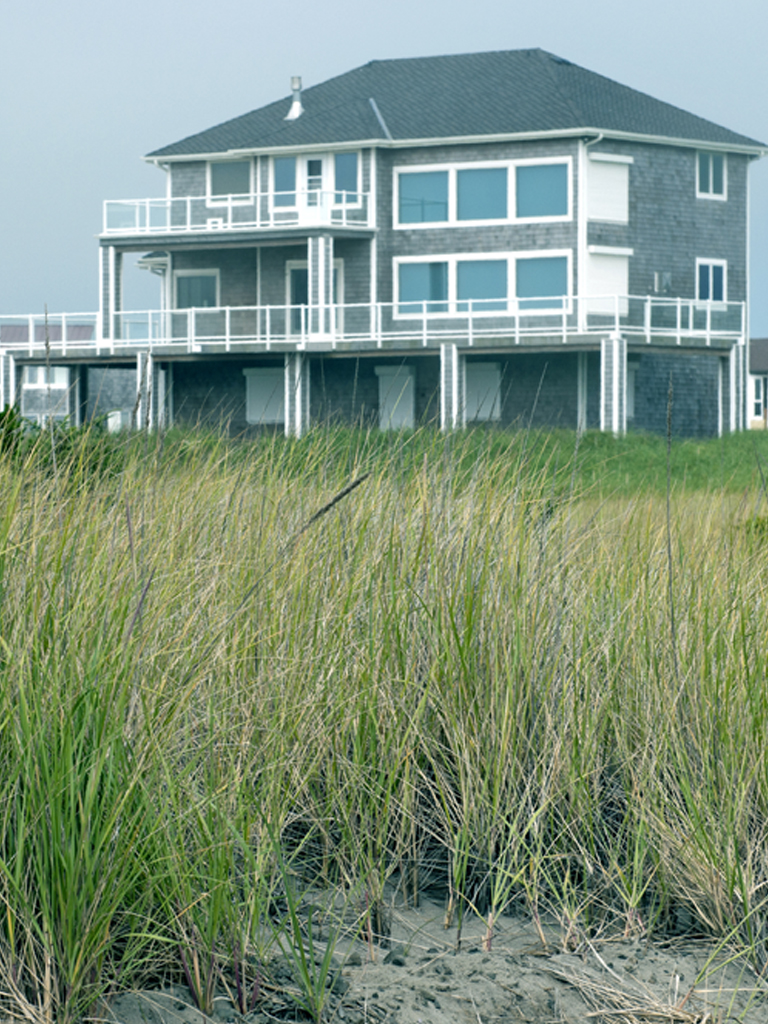For years, I have helped clients successfully navigate divorce and complicated asset divisions, including those involving vacation homes, businesses, and other valuable real estate. If you are contemplating divorce or have been served with divorce papers and are concerned about protecting a vacation home or rental, I invite you to call my office to schedule a complimentary consultation to learn how I can zealously advocate for your rights and property. I also encourage you to read the following FAQs to learn more about the division of vacation homes during divorces.
How Are Assets and Debts Divided in Illinois?
Section 5/503 of the Illinois Marriage and Dissolution of Marriage Act (the “Illinois Divorce Act”) governs the distribution of property. Illinois is a “No Fault” divorce state, which means marital misconduct (such as adultery or other misconduct) is not factored into the equitable division of marital property.
Under the Illinois Divorce Act, the Court is to assign to each spouse that spouse’s Non-Marital Property, and to “equitably” or “justly” divide the property and debt which comprises the Marital Estate.
The terms “equitably” and “justly” do not mean that marital property is to be divided on an equal basis. In most long-term marriages, the division of property often favors the spouse with less income potential and fewer career opportunities. Thus, in a marriage that has lasted for 25 years, if one spouse has been a stay-at-home parent with limited earning potential while the other spouse earned significant income, the stay-at-home parent with the limited earning potential is likely to be awarded more than the high-income spouse.













